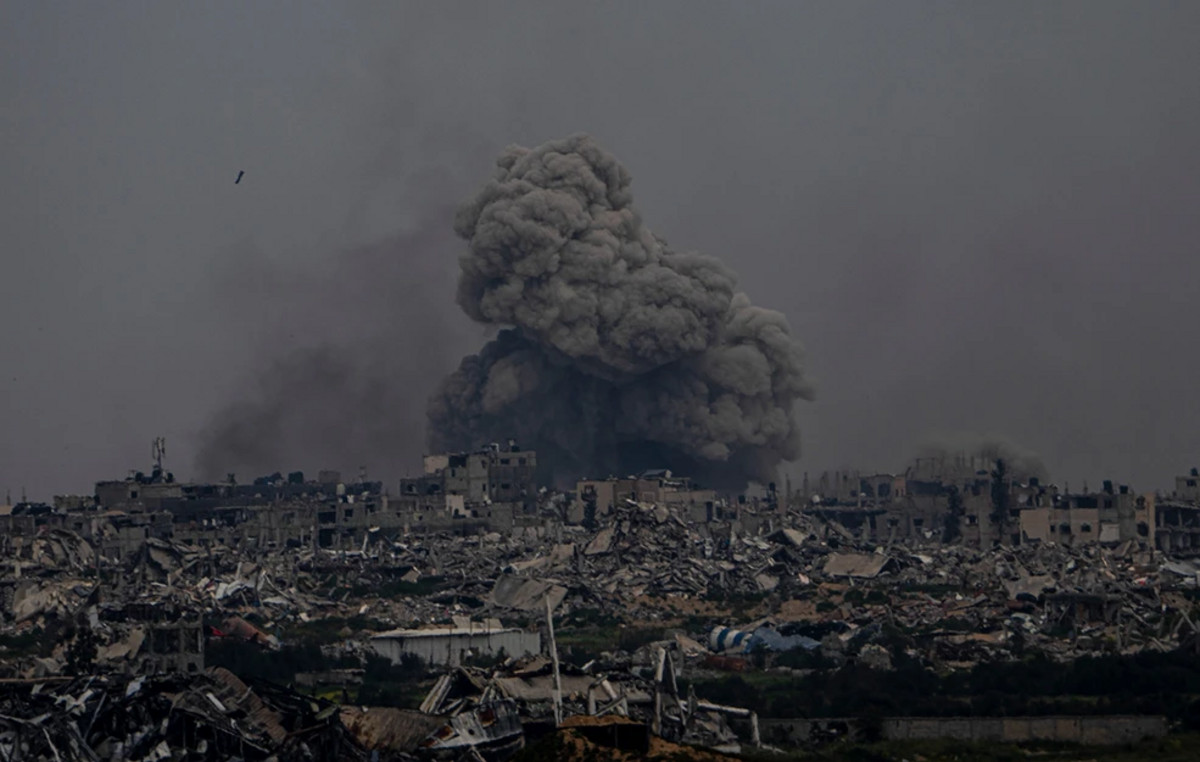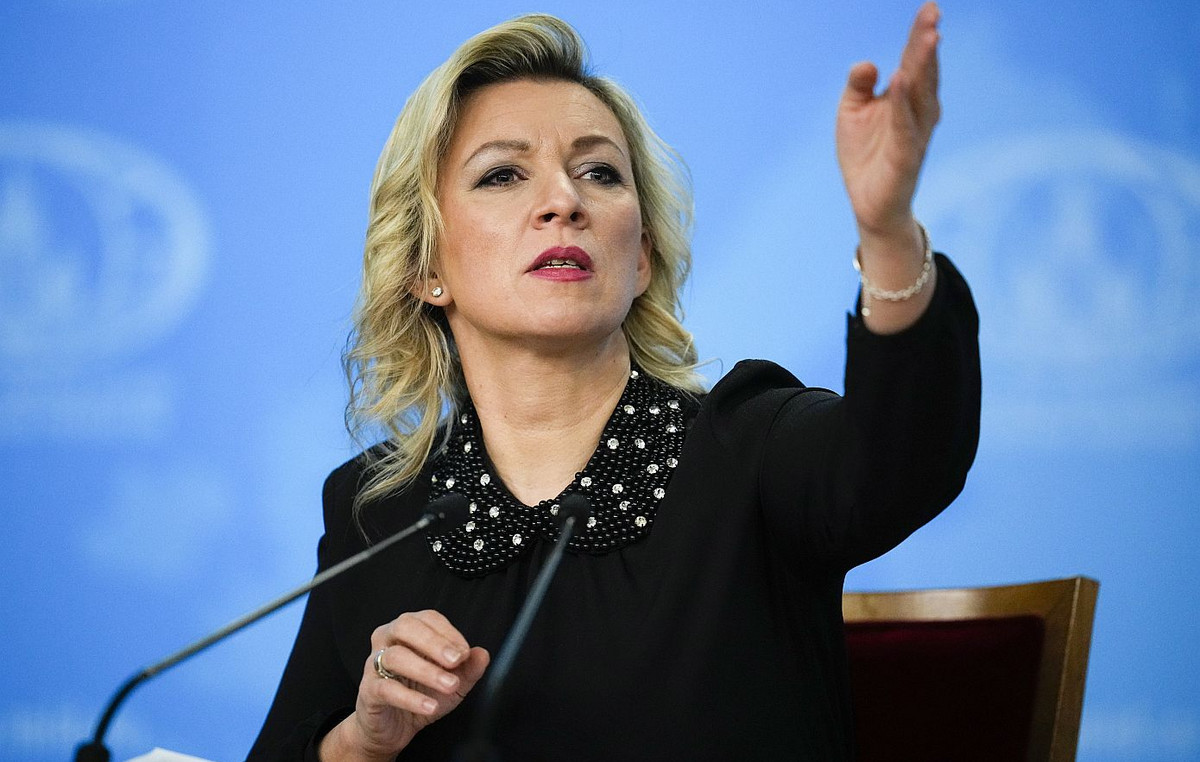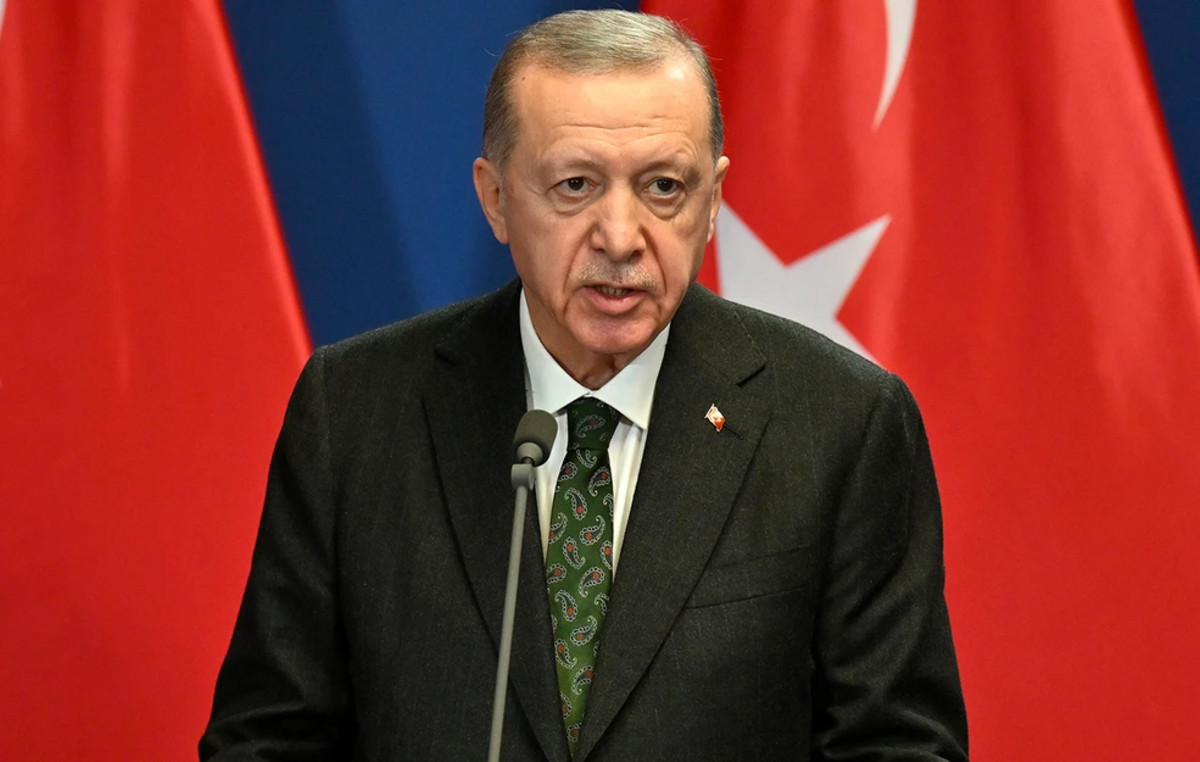The Yanomami people’s urgency for water, food and medicine has been supported by an innovative project for water treatment: a backpack that purifies the contaminated liquid.
The startup Água Camelo was created by two university students from Rio de Janeiro who are uncomfortable with living in the country that has the largest quantity of drinking water in the world and yet around 30 million people do not have access to drinking water, according to data from the National Water System. Sanitation information.
With the support of Funai and the Central Única das Favelas, they took backpacks capable of filtering 15 liters of water to the Yanomami indigenous territory.
The region does not have drinking water, and therefore, diseases can often be developed from the pollution in the water ingested by the indigenous people.
According to the Minister of Indigenous Peoples, in the last 4 years, 570 Yanomami people have died due to contamination by mercury present in the water due to illegal mining. The filter installed by the startup is capable of treating a thousand liters of water per hour and is already working successfully in some Brazilian states.
The equipment was designed to supply 4 steps necessary to have water suitable for consumption at home: capture, transport, storage and filtering. The backpack is capable of performing all these steps.
It is composed of the “bag” itself capable of storing 15 liters of water at a time, a portable water filter and a wall bracket. Its maintenance is simple and can be done by the user himself. To carry out the filtering, just put the water in the backpack and activate the filter so that it comes out purified.
Drinking water is extremely important in combating diseases that affect and often lead to death in this population. “You cannot fight malaria, for example, without the help of drinking water”, says Daniel Ilg, one of the founders of the startup.
In the last 4 years alone, 570 deaths of children due to these diseases were recorded in the territory. Therefore, the implementation of filters in this area, at this moment, is essential and urgent. He says that due to this urgency, Funai agents were trained by the startup so that they can take and install this equipment in the villages.
Daniel says that so far 50 water treatment kits have already been distributed in 30 villages in recent weeks. Now, they intend to return to Roraima to install 2 water distribution centers in 2 Funai centers within the Yanomami territory. It turns out that this amount is still not enough for the local demand, which is why Funai asks for more help.
The journey to the villages took 6 hours from Boa Vista and then another 30 minutes by boat upriver. Some of the villages are only accessible by plane. Daniel says that despite the “perrengue” he feels obliged to help these people.
“I started this work because of this feeling of need to help, because I believe that this help is an obligation of the population as a whole, that we are all involved in this transformation”, said the equipment developer.
They spent 5 days in Boa Vista and distributed kits, food baskets and medicines to the Yanomami with support from Funai. A CNN , Daniel describes the visit to the village as “impressive”. “The issue there is very difficult… They were very anxious to receive the basic food baskets.”
In addition to operating in Yanomami lands, the project has already successfully carried over a thousand backpacks in 10 Brazilian states. The objective is always to help populations that suffer from diseases caused by water pollution. About what he saw in the Yanomami lands, Daniel says that “it is the most critical situation he has ever seen”, which is why he feels very proud to be able to help.
Source: CNN Brasil
I’m James Harper, a highly experienced and accomplished news writer for World Stock Market. I have been writing in the Politics section of the website for over five years, providing readers with up-to-date and insightful information about current events in politics. My work is widely read and respected by many industry professionals as well as laymen.







